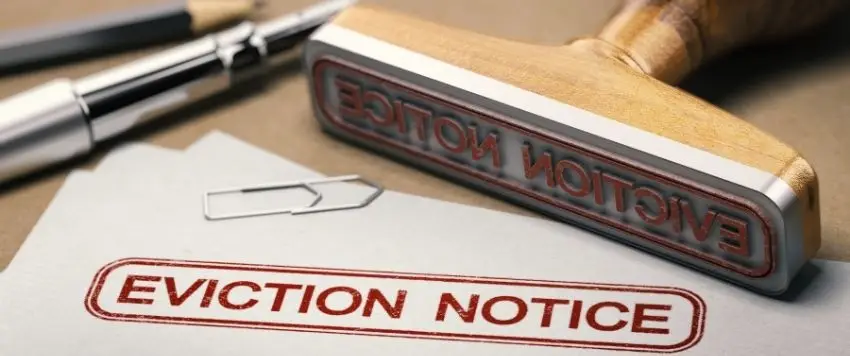How to evict a tenant during Covid-19 pandemic in Scotland
Landlords’ circumstances change – and Covid-19 and lockdowns increased the volatility of the housing market. Some Scottish landlords might have decided to sell their property, others could have considered moving back into their old flat. Some landlords might have tried to help family members in need of accommodation. The same can be said about tenants. Some realized they needed a bigger property with a garden while others had to downsize after the breakdown of relationships. So what is required by landlords and tenants to end a tenancy? Scottish Government introduced emergency Covid legislation affecting the length of notices to quit and the eviction process. As most tenancies in Scotland are PRTs (Private Residential Tenancies), this post will refer to ending a PRT (both as a tenant and as a landlord).
Tenants – no changes
Tenants’ rights have not been affected by the additional Covid-related legislation. Tenants can move out for any or no reason after giving their landlords or agents a written 28-day notice. New legislation has changed the length of landlords’ notices, but tenants are not bound by the expiration dates of longer notices. When tenants receive a longer (i.e. 6 months) notice to quit from the landlords and they find alternative suitable accommodation before such notice, they can give 28 days notice to move out quicker. Otherwise they will be technically renting the property until the expiration of their landlords’ notice. Such tenants’ notice can be compared to a counter offer.
Landlords need to wait much longer
Eviction Grounds and respective notices
6 months’ notice:
- Sale of the property,
- Landlord bankruptcy or repossession,
- Major refurbishment and the property being inhabitable due to necessary works,
- Change of use of the property from residential to business or an office
- Need the property for a religious purpose (residential at the same time – for example priest’s residence),
- The tenant no longer needs a supported accommodation,
- Tenant breaches a term(s) of their tenancy agreement,
- You were served an overcrowding statutory notice,
- You were served an overcrowding statutory notice,
- Rent arrears over three consecutive months,
3 months’ notice:
- You intend to live in the property,
- Your family member is going to move into the property,
- Your landlord registration was refused or revoked,
- Your House in Multiple Occupation (HMO) licence has been revoke
28 days’ notice:
- Your tenant was convicted of certain crimes,
- Antisocial behaviour of your tenant.
- Antisocial behaviour or a criminal conviction of somebody who stays with your tenant in your property.
- Your tenant moved out of the property.
When your tenant refuses to leave
After the notice expires you can apply for an eviction order to the First Tier Tribunal. Please note that all grounds – at least until the end of September 2021 – are discretionary. Although you can apply for the eviction notice regardless of location of your property and the tribunal can grant it, there is currently a ban on enforcing the notice in level 3 and 4 Covid-19 areas. The only exceptions are in cases of criminal activity or anti-social behaviour. If the property is located in level 0, 1 or 2 areas, eviction orders can be enforced by a Sheriff Officer. Granted you apply for eviction notice, expect a delay due to a backlog in the number of similar cases during the pandemic.


